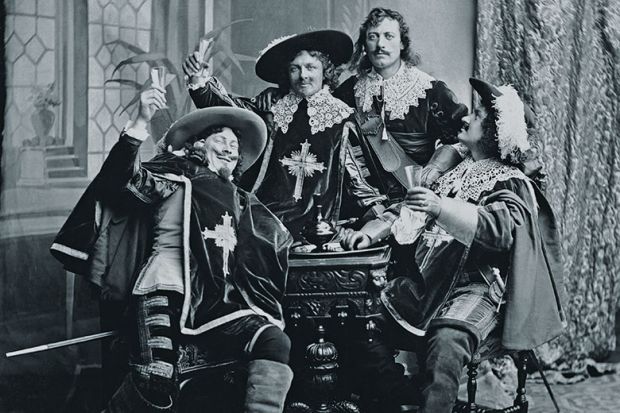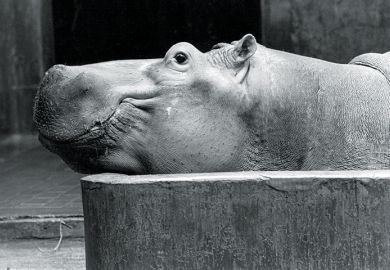The public standing of economics has been in well-merited disgrace ever since its pre-eminent practitioners failed in 2008 to foresee the biggest market crash since 1929 – then gave their authority to the bitter medicine of neoliberal austerity.
There are some signs of a change in the weather, though. Tim Rogan’s admirable book is one of them. He examines three major figures, all far from tough-nut professionals, whose works span the years between the 1930s cataclysm and the early days of the special relationship between Margaret Thatcher and the innumerate Ronald Reagan.
Rogan’s emblematic trio – R. H. Tawney, Karl Polanyi and E. P. Thompson – are backed up by two mightier subalterns, Amartya Sen and Kenneth Arrow. Together they are enlisted as earnest opponents of sanctimonious capitalism and advocates of a separate intellectual profession headed “moral economy”. It insisted that the capitalism which emerged victorious from the Cold War was circumscribed by the theoretical exclusion of all that made production, circulation and profit amenable to whole societies and relevant to the common good.
Tawney’s classic polemics, Equality (1931) and The Acquisitive Society (1920), reflected the themes of his famous study in the history of ideas, Religion and the Rise of Capitalism (1926) – and offered a rousing affirmation of an economics founded in ethics and tested for a whole society’s well-being.
The authority, nowadays much diminished, to which Tawney appealed for ratification was Christianity, but it is worth adding that, as Rogan makes clear, his arguments are just as valid for godless decency in a humane society.
Karl Polanyi is enjoying a well-deserved revival, signalled also by Gareth Dale’s excellent biography, Karl Polanyi: The Limits of the Market (2010). Rogan, as he does throughout the book, sets Polanyi in a carefully documented intellectual context, first in the “Red Vienna” of the 1920s – and then in Britain, where, struggling to make ends meet, he was a premature scholar of Marx’s earliest publications, on the way to his masterpiece, The Great Transformation (1944).
Polanyi was first in the field with a hostile evaluation of fascism and befriended the celebrated sinologist and leftist, Joseph Needham, as well as Tawney. One of Rogan’s best features is the detail of friendship and collaboration he so vividly provides for his central trinity.
Polanyi’s great work, so long in preparation, even longer neglected, followed Tawney in Christian apologetics, but moved well clear of doctrine into the history of ideas – in particular the ideas of Adam Smith, the last humanist. Armed with Smith’s theory of the moral sentiments, Polanyi delivered a novel, non-revolutionary and plausible demolition of the gloomy science.
His vision was, give or take a bit, realised by the post-war Labour government – by Beveridge and Attlee. The historian E. P. Thompson is Rogan’s perhaps surprising candidate as heroic critic of the “moral disorder” of rapacious capitalism as it conquered the new world order.
Rogan doesn’t quite bring it out, but Thompson was a prose master, poet and public figure at the head of the Campaign for Nuclear Disarmament, with Bruce Kent and Joan Ruddock. Rogan also toils a little over Thompson’s moral economics, never quite conveying the exhilaration that he found in his expressive hatred of the destructive heart of nuclear-armed economies.
But this is a timely, vivid and attractive book, vindicating on every page Rogan’s choice of three musketeers, handing on their flame to their noble heirs.
Fred Inglis is honorary professor of cultural history at the University of Warwick.
The Moral Economists: R. H. Tawney, Karl Polanyi, E. P. Thompson, and the Critique of Capitalism
By Tim Rogan
Princeton University Press
272pp, £32.95
ISBN 9780691173009
Published 17 January 2018
POSTSCRIPT:
Print headline: In the market for humane rights
Register to continue
Why register?
- Registration is free and only takes a moment
- Once registered, you can read 3 articles a month
- Sign up for our newsletter
Subscribe
Or subscribe for unlimited access to:
- Unlimited access to news, views, insights & reviews
- Digital editions
- Digital access to THE’s university and college rankings analysis
Already registered or a current subscriber?








